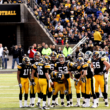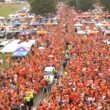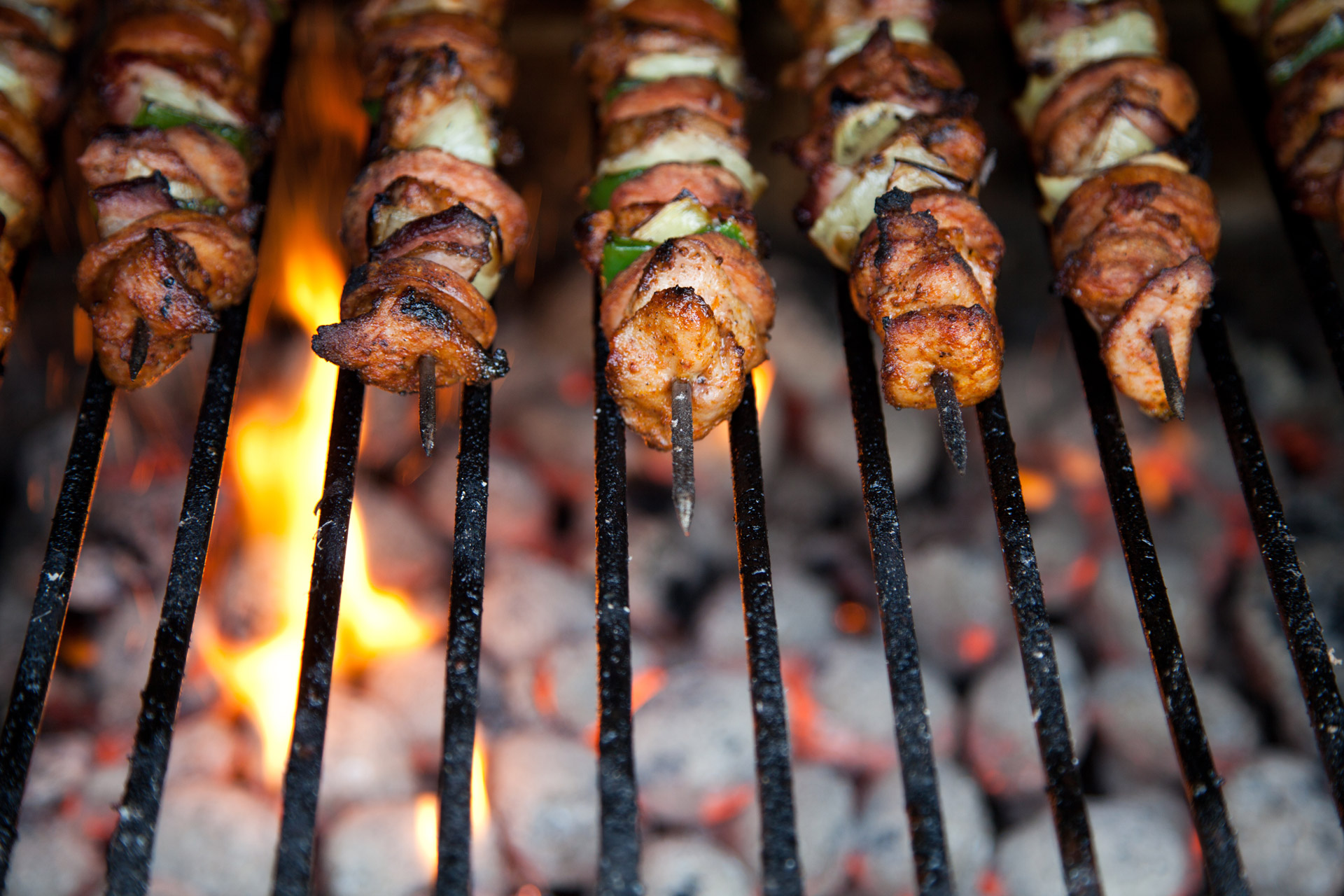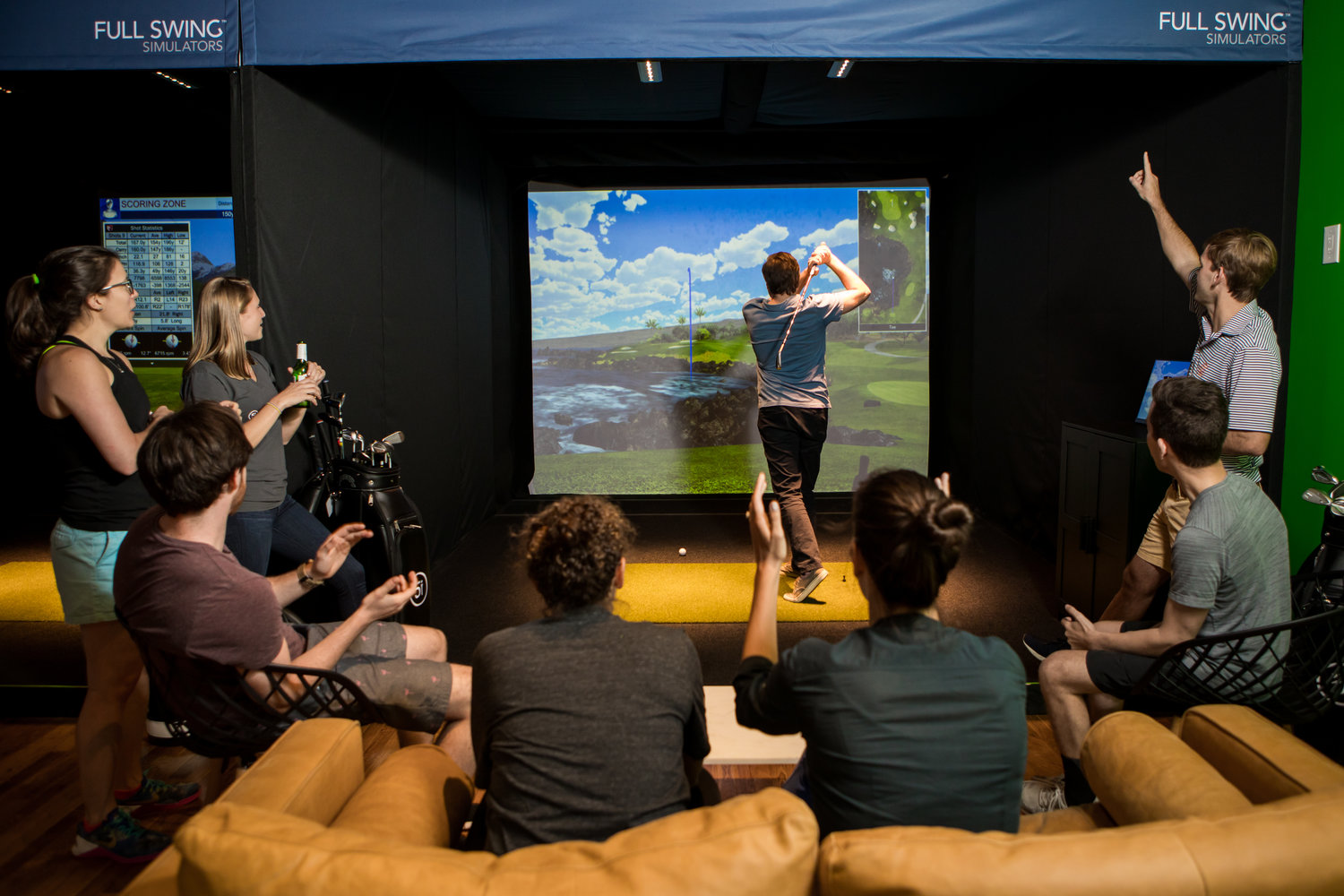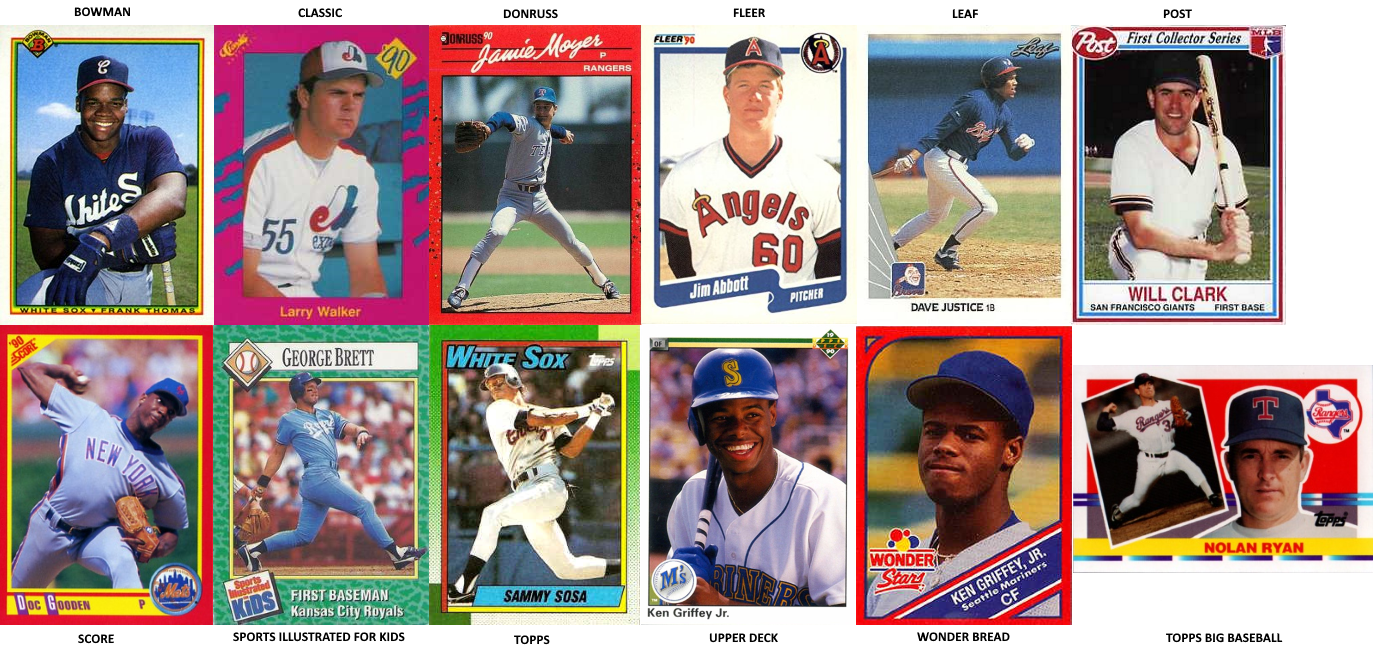The Tour de France is widely considered to be one of the toughest sporting events in the entire world as one of the ultimate challenges of what the human body can endure. Nutrition continues to become a significant factor in the strength and recovery of athletes at the highest levels, and cyclists have it down to a science out of necessity.
Riders can spend roughly six hours on the bike in a day during the Tour de France with just two rest days over a 23-day span. Needless to say, what they’re putting in their bodies is crucial for optimal performance.
According to Dr. James Morton, former Head of Nutrition for Team Sky, cyclists eat anywhere between 5,000 and 8,000 calories per day during the Tour de France. The effects of high-calorie eating is another area that separates the rest of us from world-class athletes.
The calorie intake also depends on the stage of the Tour de France, as flatter surfaces require less energy to perform well.
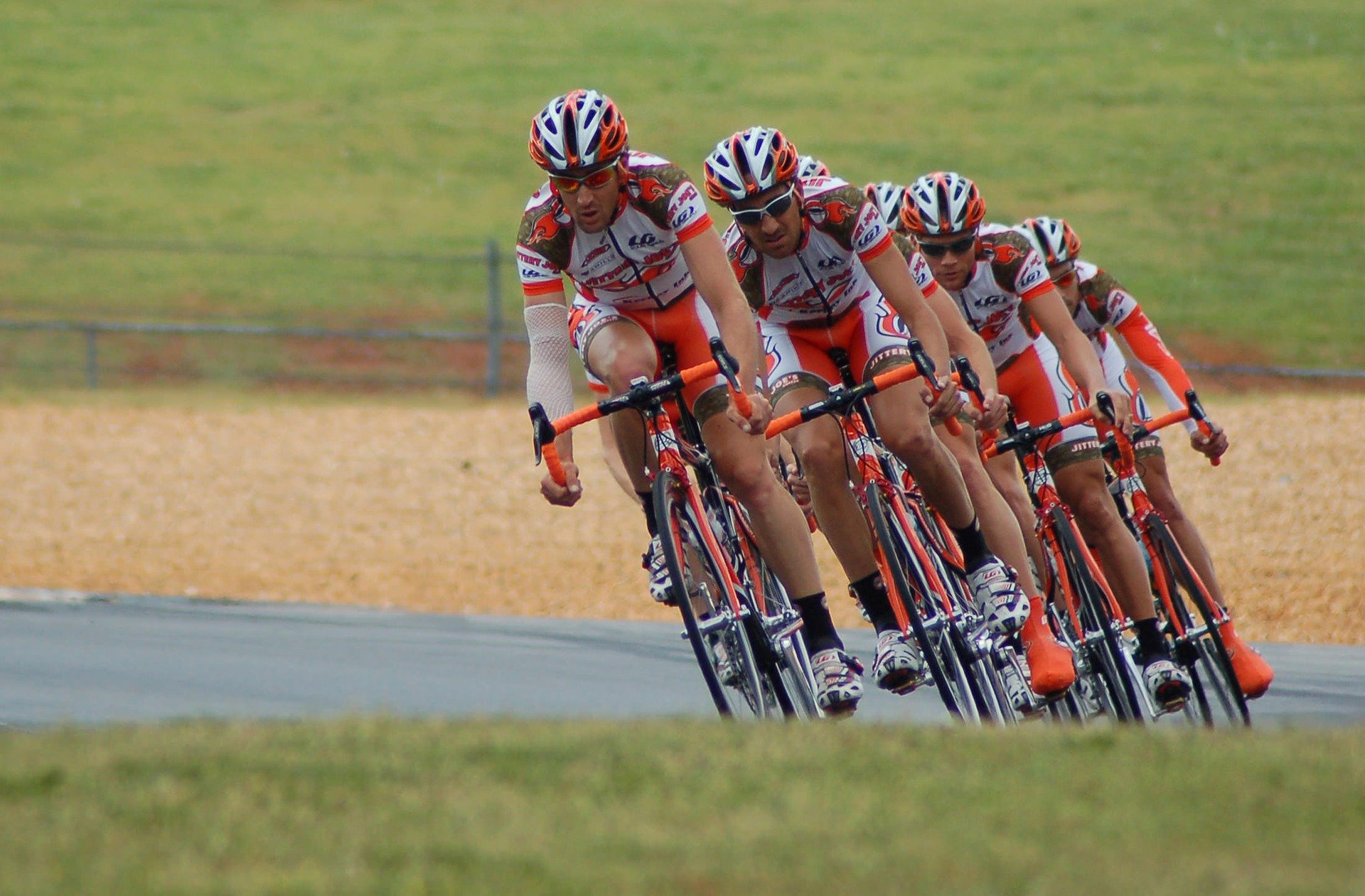
The balance of the diet is crucial because with too many or too few calories, it could have a direct impact on the performance of the cyclist in the biggest event of the year. Every moment during the three-week Tour de France is critical including the time the riders consume their meals.
Cyclists start eating three hours prior to the start of a race with foods high in carbohydrates such as breads, cereal, pasta, coffee and others. Then, 90 minutes prior to race time, it’s time for a snack, which might include bananas or protein bars.
During the race, the competitors are eating too. Cyclists may consume gels to give them additional energy or other solid foods like rice cakes or sports bars. Following the stage, riders start eating as quickly as possible to help get the recovery process going immediately.
An evening meal might start light with a salad or soup to add some nutrition to the body followed by meat, fish and some additional foods high in carbs. This is followed by a late-night snack before bed, which could include cereals, fruits and nuts before waking up the next morning to do it all over again.
If you or I went on the 5,000-calorie per day diet, we can probably assume the results would look different from cyclists at the Tour de France. High-level athletes will do anything to help boost their performance, and their diet is no different.
Photo Credit: Pixabay


